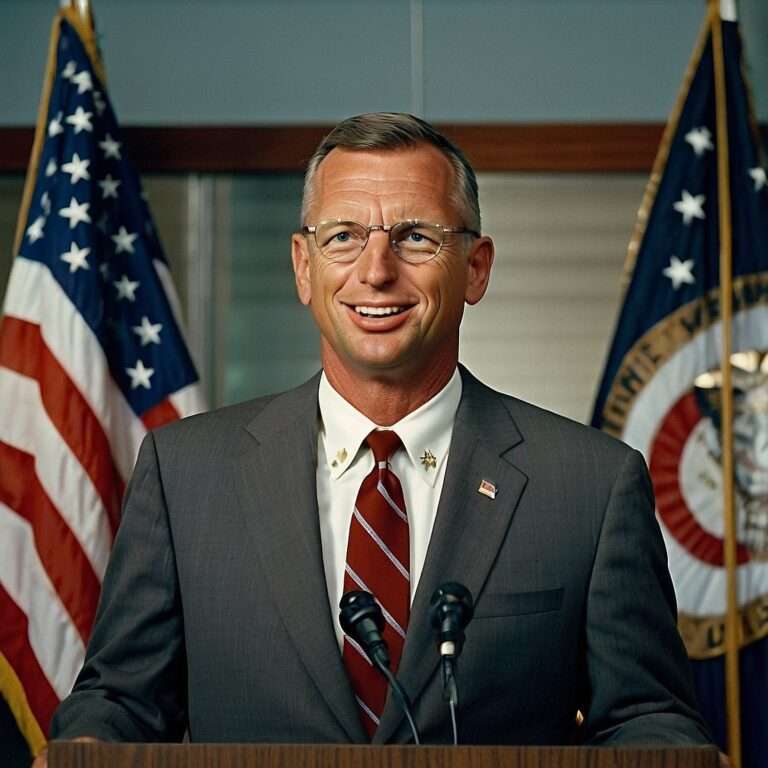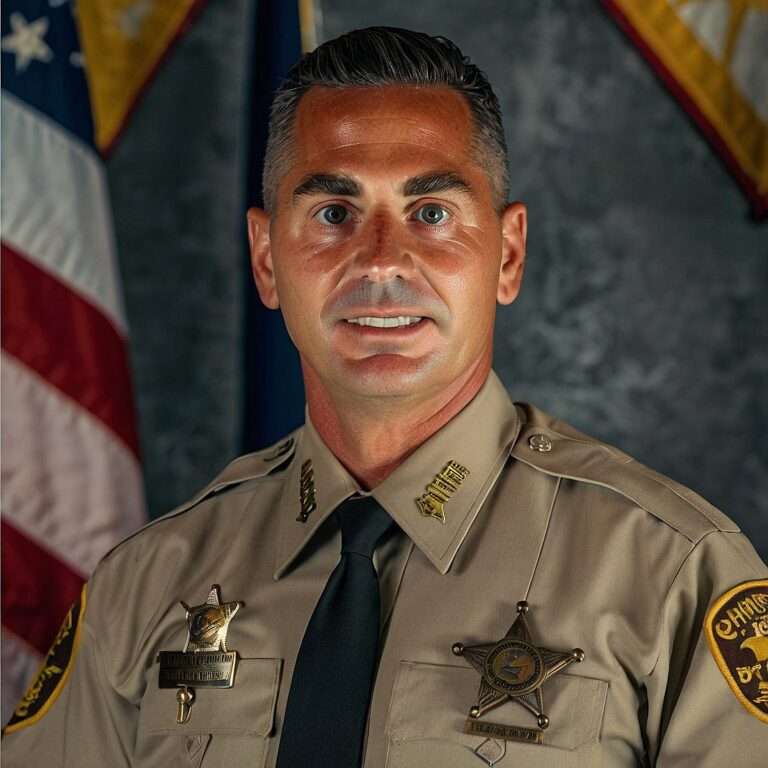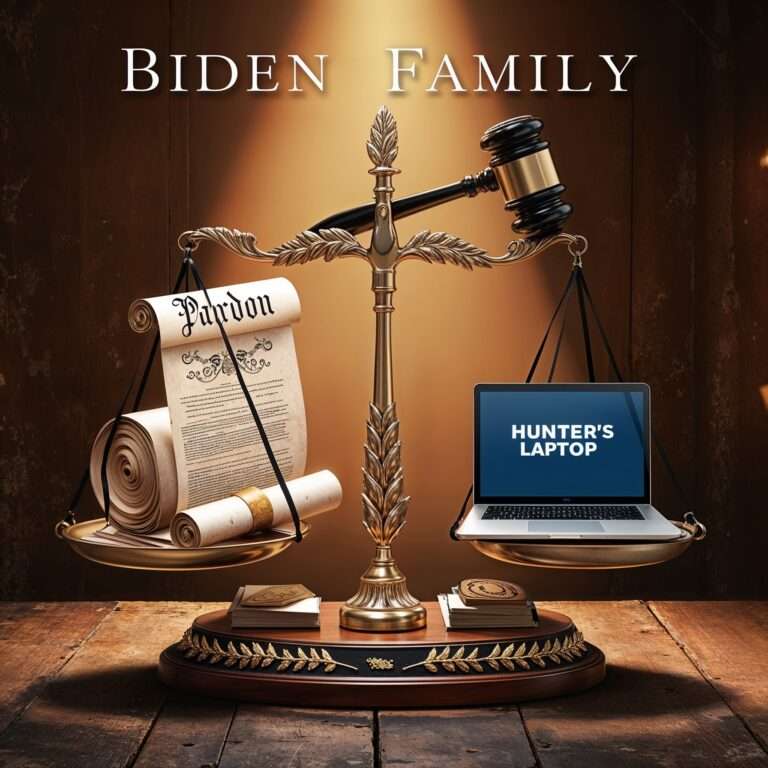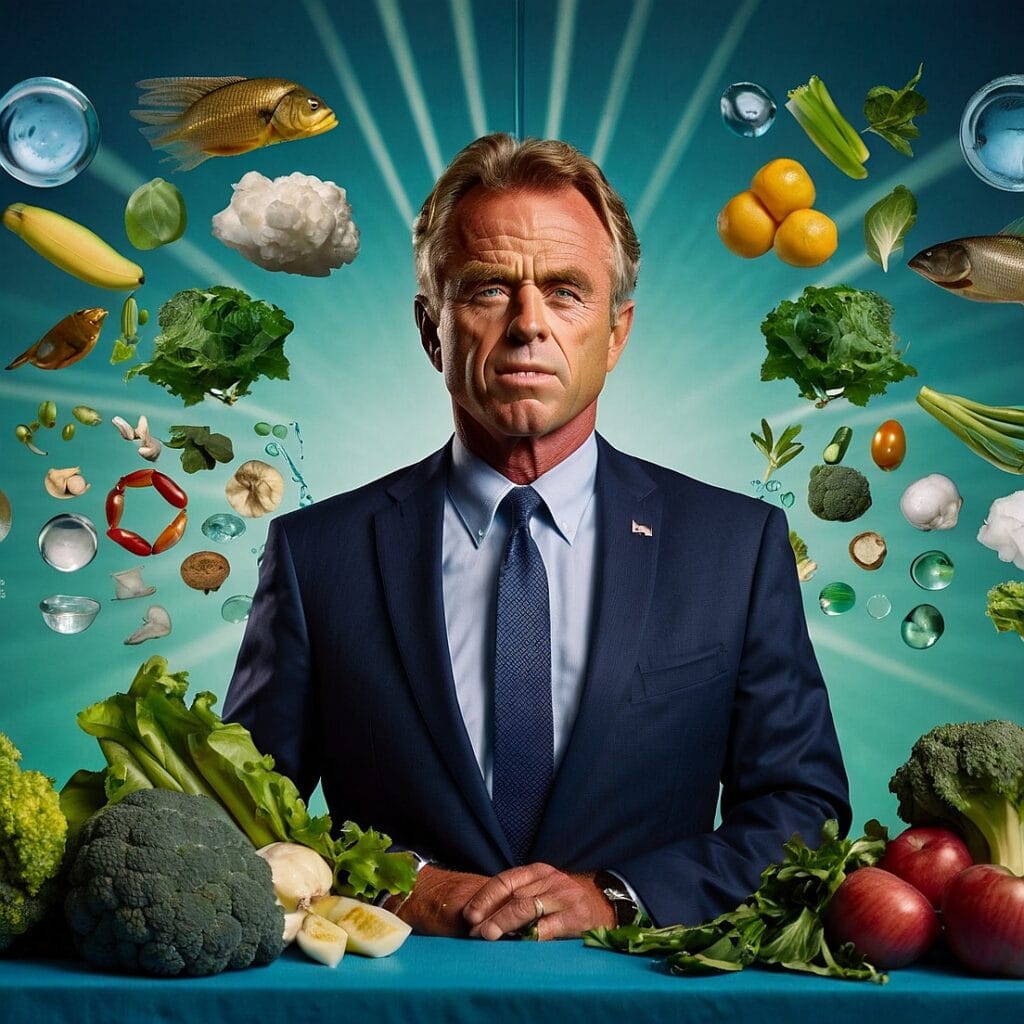
"RFK Jr.’s nomination as Health Secretary represents a bold vision for addressing America’s health crisis with innovative and transformative reforms."
RFK Jr. as Health Secretary: A Vision for U.S. Health Policy Reform
Robert F. Kennedy Jr. is no stranger to controversy—or the spotlight. As a leading voice in health freedom advocacy and a polarizing figure in vaccine policy debates, the idea of RFK Jr. serving as Health Secretary has sparked both curiosity and criticism. Would his leadership bring transformative reforms to the U.S. healthcare system, or would it deepen the ideological and political divides surrounding public health?
This article explores the potential of RFK Jr. as Health Secretary, delving into his controversial health policies, his vision for reform, and the challenges he would face in reshaping American healthcare.
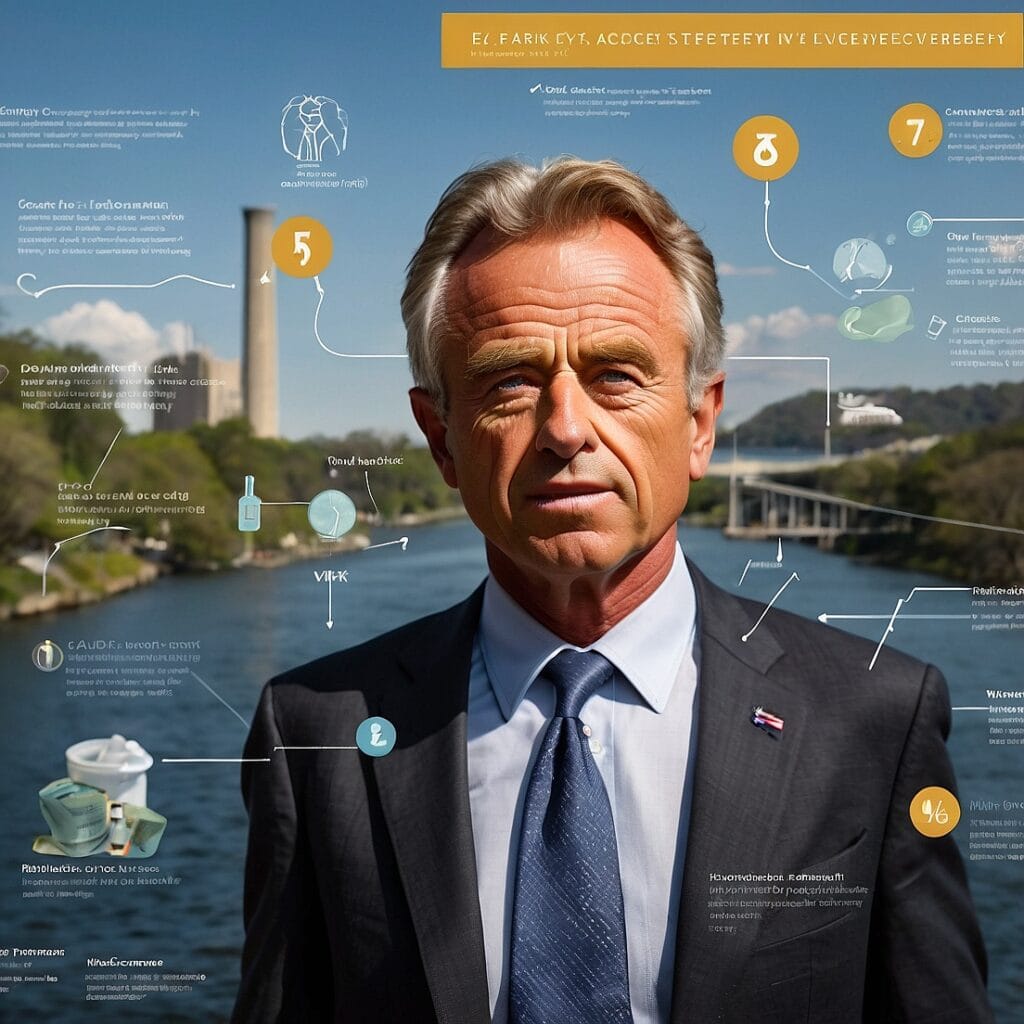
RFK Jr.’s Background: From Activism to Controversy
Robert F. Kennedy Jr., a member of one of America’s most iconic political families, has carved out a career in environmental law and public health advocacy. As the founder of Children’s Health Defense, he has championed transparency in pharmaceutical practices and exposed the potential links between environmental toxins and chronic illnesses.
However, RFK Jr.’s polarizing views on vaccines have overshadowed much of his activism. His criticism of vaccine safety standards has made him a hero among health freedom advocates and a target for mainstream medical professionals, who argue that his rhetoric risks undermining public trust in vaccination programs.
Kennedy’s journey from environmental law to health policy advocacy underscores his commitment to challenging corporate and government overreach. But it also highlights the deep divisions he would face if appointed to a leadership role like Health Secretary.
Key Health Policies RFK Jr. Might Prioritize
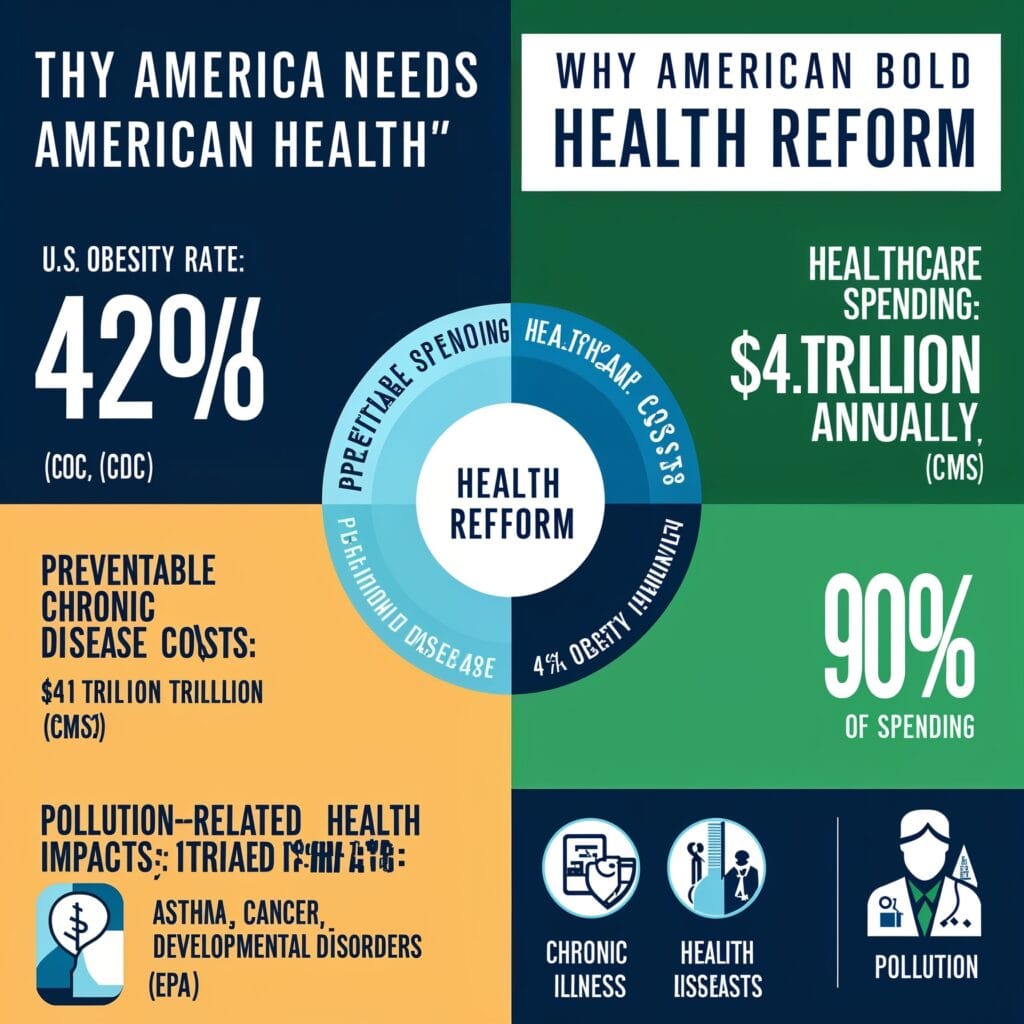
If RFK Jr. were to assume the role of Health Secretary, his tenure would likely focus on a few key areas:
1. Transparency in Pharmaceutical Practices
Kennedy has long criticized what he sees as the cozy relationship between pharmaceutical companies and regulatory agencies. As Health Secretary, he would likely push for more rigorous oversight of drug approvals, aiming to reduce the influence of corporate interests on public health policy.
2. Vaccine Safety and Testing
One of RFK Jr.’s most controversial positions is his call for greater transparency and safety testing in vaccine development. While this stance has alienated many in the medical community, it resonates with individuals concerned about pharmaceutical accountability. Kennedy could advocate for stricter safety evaluations and enhanced public access to vaccine trial data.
3. Preventive Healthcare
Kennedy’s environmental background suggests he would prioritize addressing the root causes of chronic illnesses. This could include combating environmental toxins, promoting cleaner air and water, and investing in community-based preventive healthcare programs.
4. Environmental Health Initiatives
RFK Jr. has long championed the connection between environmental degradation and public health. As Health Secretary, he could push for stricter regulations on pollutants linked to chronic illnesses, such as pesticides and industrial emissions, aligning environmental policy with healthcare reform.
The Vaccine Debate: A Defining Feature of RFK Jr.’s Vision
No discussion of RFK Jr. as Health Secretary is complete without addressing his views on vaccines. Kennedy has criticized vaccine manufacturers for prioritizing profits over public safety and has advocated for more robust safety protocols.
Supporters’ Perspective
Supporters view Kennedy as a courageous advocate challenging an industry that has often operated with limited oversight. They argue that his focus on transparency and informed consent could restore trust in public health systems.
Critics’ Perspective
Critics warn that Kennedy’s rhetoric undermines vaccination efforts, potentially jeopardizing herd immunity and increasing the risk of preventable diseases. Public health officials argue that his stance could fuel vaccine hesitancy, a challenge that has already intensified in recent years.
Whether viewed as a disruptor or a danger, RFK Jr.’s approach to vaccine policy would undoubtedly shape his tenure as Health Secretary, for better or worse.
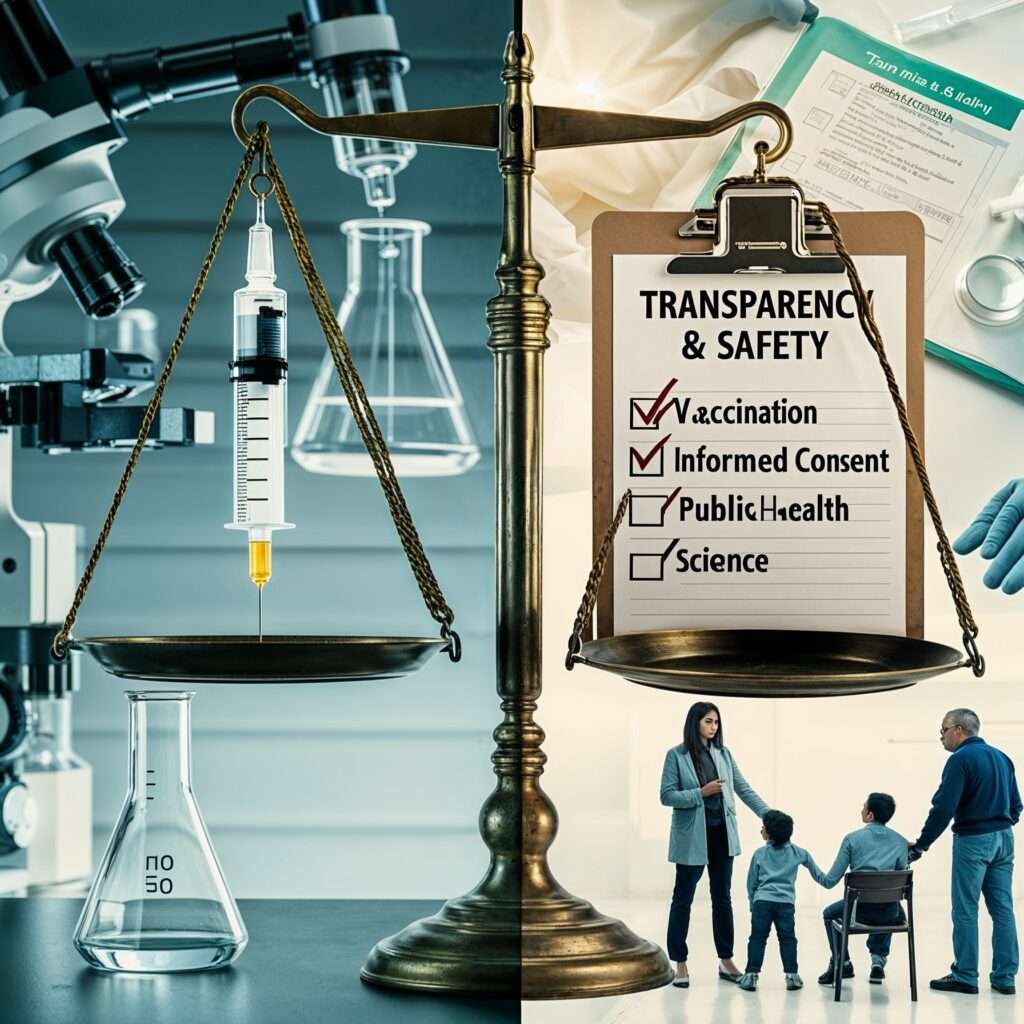
Challenges RFK Jr. Could Face as Health Secretary
1. Resistance from Pharmaceutical Giants
Kennedy’s vocal criticism of the pharmaceutical industry would likely spark pushback from powerful stakeholders. Companies that profit from the status quo may resist his attempts to increase oversight and accountability.
2. Public Health Community Skepticism
Many public health professionals view Kennedy’s vaccine positions as problematic. He would need to navigate resistance from within the medical community, balancing his reformist vision with the need to maintain public trust in essential health programs.
3. Polarization in Politics
Kennedy’s appointment could further polarize the health policy landscape. Supporters and detractors alike might amplify ideological battles, making it difficult to implement bipartisan reforms.
4. Media Scrutiny
Given Kennedy’s polarizing reputation, his every move as Health Secretary would be subject to intense media scrutiny. Navigating public perception while enacting meaningful reform would require both strategic communication and political resilience.
How RFK Jr.’s Leadership Could Reshape U.S. Public Health
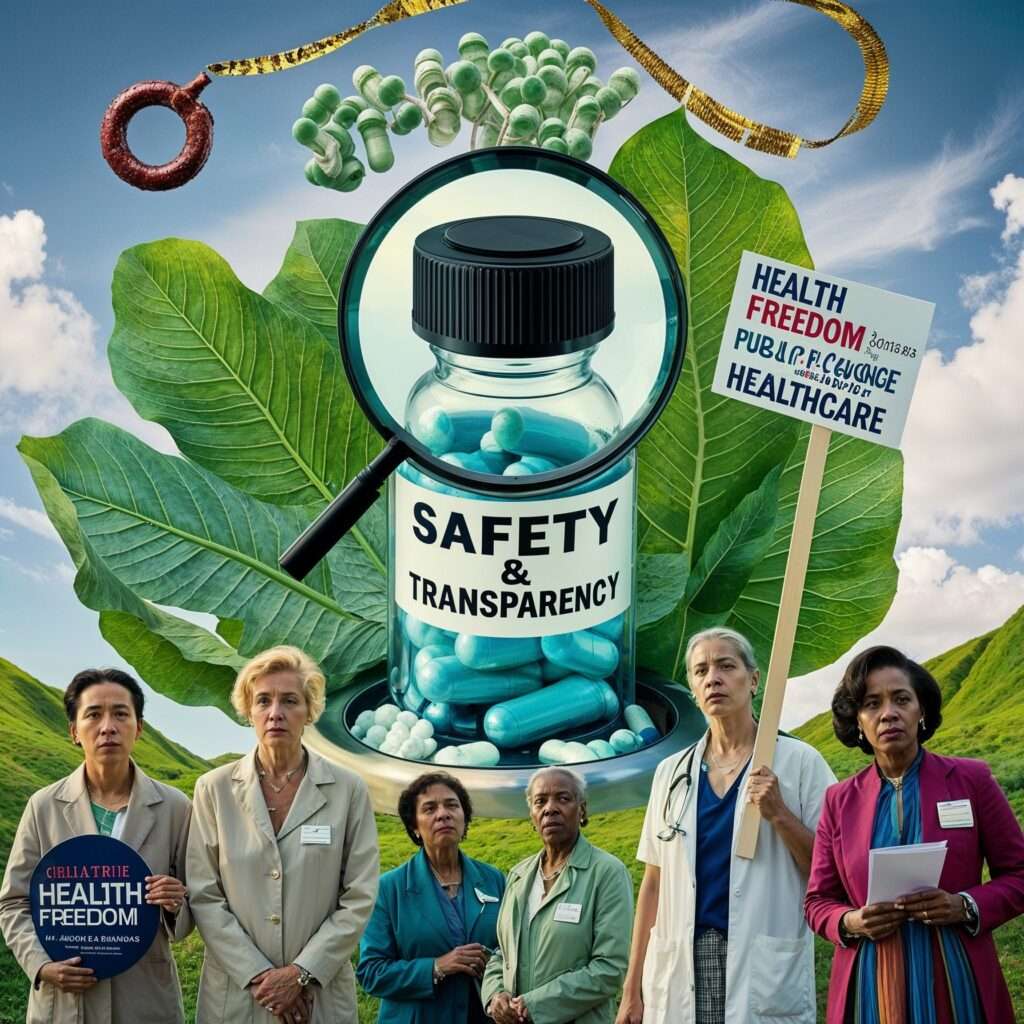
If RFK Jr. overcame these challenges, his leadership could bring significant changes to the U.S. healthcare system:
1. Strengthened Oversight
Kennedy’s emphasis on transparency could lead to stronger oversight of pharmaceutical companies, ensuring that public health decisions prioritize safety and efficacy over profit.
2. Integration of Environmental Health
His environmental expertise could bridge the gap between environmental policy and public health, addressing long-term health risks tied to pollution and climate change.
3. Renewed Focus on Preventive Care
Kennedy’s policies might shift healthcare priorities from reactive treatments to preventive measures, reducing the burden of chronic diseases on the healthcare system.
4. Increased Public Engagement
Kennedy’s advocacy for informed consent and individual choice could empower citizens to play a more active role in their healthcare decisions, fostering a more engaged and informed public.
Public Reaction and Feasibility of Appointment
The possibility of RFK Jr. serving as Health Secretary is both intriguing and contentious. Public opinion is deeply divided:
- Supporters: View him as a reformist who could challenge entrenched interests and bring much-needed transparency to the healthcare system.
- Critics: Fear that his controversial stances, particularly on vaccines, would undermine public health initiatives and polarize the nation further.
While Kennedy’s appointment as Health Secretary may seem unlikely given his polarizing reputation, his vision offers a unique lens through which to examine the future of U.S. health policy.
Global Implications of RFK Jr.’s Leadership
Kennedy’s focus on transparency and environmental health could position the U.S. as a global leader in holistic healthcare reform. However, his vaccine policies might strain international partnerships, especially with organizations like the World Health Organization, which prioritize widespread vaccination campaigns.
Conclusion: A Divisive but Visionary Leader
The prospect of RFK Jr. as Health Secretary represents a bold challenge to the status quo. His advocacy for transparency and environmental health could lead to transformative reforms, but his polarizing reputation and vaccine stance might hinder his ability to unite stakeholders.
Whether you view him as a disruptor or a danger, RFK Jr.’s vision raises critical questions about the future of public health in America. His leadership would force the nation to confront longstanding issues, from pharmaceutical accountability to the balance between individual freedoms and collective health.
Ultimately, his candidacy serves as a reminder that the future of U.S. healthcare may depend on leaders willing to challenge conventions, even at the risk of controversy.
DARWIN’s Take
The idea of RFK Jr. as Health Secretary isn’t just polarizing—it’s a litmus test for the nation’s appetite for disruption in public health. His name sparks admiration in some corners and outrage in others, reflecting a broader struggle in society: trust in the system versus the demand for transparency and reform.
Here’s the real question: Is RFK Jr. the visionary disruptor we need to challenge entrenched pharmaceutical interests, or would his polarizing stance on vaccines fracture public trust even further? His leadership would force us to confront uncomfortable truths about how deeply corporations influence public health, how far the government should go in enforcing compliance, and how much individual choice should matter in collective well-being.
But consider this: is the system more afraid of RFK Jr. because he’s wrong—or because he’s willing to question its foundations? His critics may label him a dangerous outlier, but isn’t it the outliers who force us to re-examine the status quo?
If Kennedy were to step into the role, the result wouldn’t just be policy change—it would be a crucible for the nation’s values in health and governance. Whether he heals the system or exposes its fractures, one thing is certain: his presence would redefine the debate about health, freedom, and who we choose to trust. The real risk isn’t RFK Jr. leading—it’s whether the system can survive the questions he forces us to ask.
Sources:
Recommended Reading on Paranoid Prophet
Explore these related articles from our Politics category to dive deeper into the themes of national division and political dynamics in the U.S.:
- Trump’s Rally Record: How His Campaigns Stack Up Against Other U.S. Politicians’ Rallies
Discover how political rallies shape public opinion and contribute to national unity or division. - What to Expect: Trump’s Likely Moves from Election Win to Inauguration
Analyze the strategies and implications of political maneuvers during transitional periods. - Pete Hegseth as Secretary of Defense: How His Leadership Could Reshape the Pentagon
Explore Pete Hegseth’s potential appointment as Secretary of Defense, his military background, and its implications for veterans’ care and defense policies. - Trump Tariffs for Mexico and Canada
Explore the economic and political impacts of Trump’s proposed 25% tariffs on Mexico and Canada. Learn how these tariffs could reshape trade dynamics, pricing, and North American manufacturing. - Marco Rubio: Why He’s a Poor Fit for Secretary of State
Explore why Marco Rubio’s neoconservative and hawkish stance could make him unsuitable as Secretary of State, analyzing its potential impact on U.S. foreign policy and global diplomacy. - Hegseth VA Reform: Can Veterans Finally Get the Care They Deserve?Assess Pete Hegseth’s proposed VA reforms and their potential to improve healthcare services for veterans, addressing longstanding systemic issues.
External Sources
- “The Fundamental Problem with R.F.K., Jr.’s Nomination to H.H.S.” – The New Yorker. This article discusses the controversies surrounding Robert F. Kennedy Jr.’s nomination as Health and Human Services Secretary, focusing on his anti-vaccine stance and its potential impact on public health. The New Yorker
- “Public Health Experts Alarmed at Trump’s Pick of RFK Jr. to Lead HHS” – Time. This piece highlights the concerns of public health experts regarding Kennedy’s nomination, emphasizing his history of promoting medical misinformation. Time
- “RFK Jr. Wants to ‘Make America Healthy Again’ – Here’s What That Means for You” – Food & Wine. This article outlines Kennedy’s proposed health policies, including his plans to reform food and nutrition standards. Food & Wine
- “Trump’s RFK Jr. Pick Weighs on Vaccine Makers” – The Wall Street Journal. This report examines the financial market’s reaction to Kennedy’s nomination, particularly its effect on vaccine manufacturers. The Wall Street Journal
- “FactChecking Robert F. Kennedy Jr.” – FactCheck.org. This resource provides a detailed analysis of Kennedy’s public statements and positions, assessing their accuracy and alignment with scientific consensus. FactCheck.org
FAQ: RFK Jr. and His Vision for U.S. Health Policy
RFK Jr.’s Policy Priorities and Challenges
What are RFK Jr.’s main health policy priorities?
RFK Jr. emphasizes transparency in pharmaceutical practices, rigorous vaccine safety testing, preventive healthcare, and addressing environmental toxins that impact public health.
Why is RFK Jr. controversial in public health discussions?
His stance on vaccines, advocating for stricter safety protocols and transparency, has polarized opinions. Supporters praise his efforts to challenge pharmaceutical companies, while critics argue his rhetoric fuels vaccine hesitancy.
What challenges would RFK Jr. face as Health Secretary?
RFK Jr. would encounter resistance from pharmaceutical companies, skepticism from public health professionals, and intense media scrutiny. Political polarization could further complicate efforts to implement his reforms.
How does RFK Jr.’s environmental activism influence his health policies?
His environmental background drives his focus on the links between pollution and chronic illnesses. He advocates for stricter regulations on toxins, merging environmental and public health policies.
What is RFK Jr.’s stance on pharmaceutical reform?
RFK Jr. has called for increased oversight of pharmaceutical companies to ensure public health decisions prioritize safety and efficacy over profit.
Potential Impact of RFK Jr.’s Leadership
How might RFK Jr.’s leadership reshape U.S. public health?
His leadership could bring stronger oversight of pharmaceutical practices, integrate environmental health into public policy, and promote preventive healthcare measures. However, his polarizing reputation might challenge collaboration and implementation.
What is RFK Jr.’s perspective on preventive healthcare?
He supports shifting healthcare priorities from reactive treatments to preventive measures, focusing on reducing chronic diseases through lifestyle changes and environmental protections.
How would RFK Jr. approach vaccine policy as Health Secretary?
Kennedy would likely push for comprehensive safety evaluations, greater public access to vaccine trial data, and policies prioritizing informed consent in vaccination programs.
Could RFK Jr. realistically become Health Secretary?
While his vision for reform resonates with segments of the public, his polarizing views on vaccines and public health policy make an appointment as Health Secretary a contentious possibility.
What impact would RFK Jr.’s policies have on public engagement in health decisions?
Kennedy’s advocacy for informed consent and individual choice could empower citizens to take a more active role in their healthcare, fostering greater public trust and involvement.
